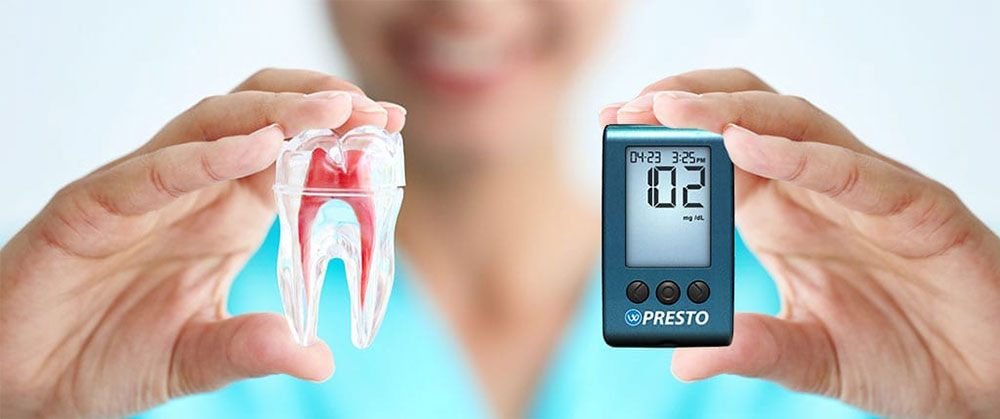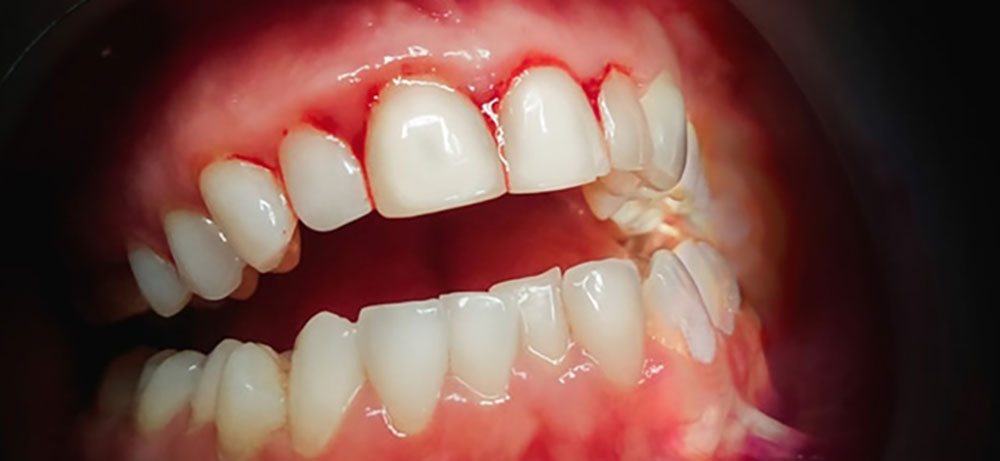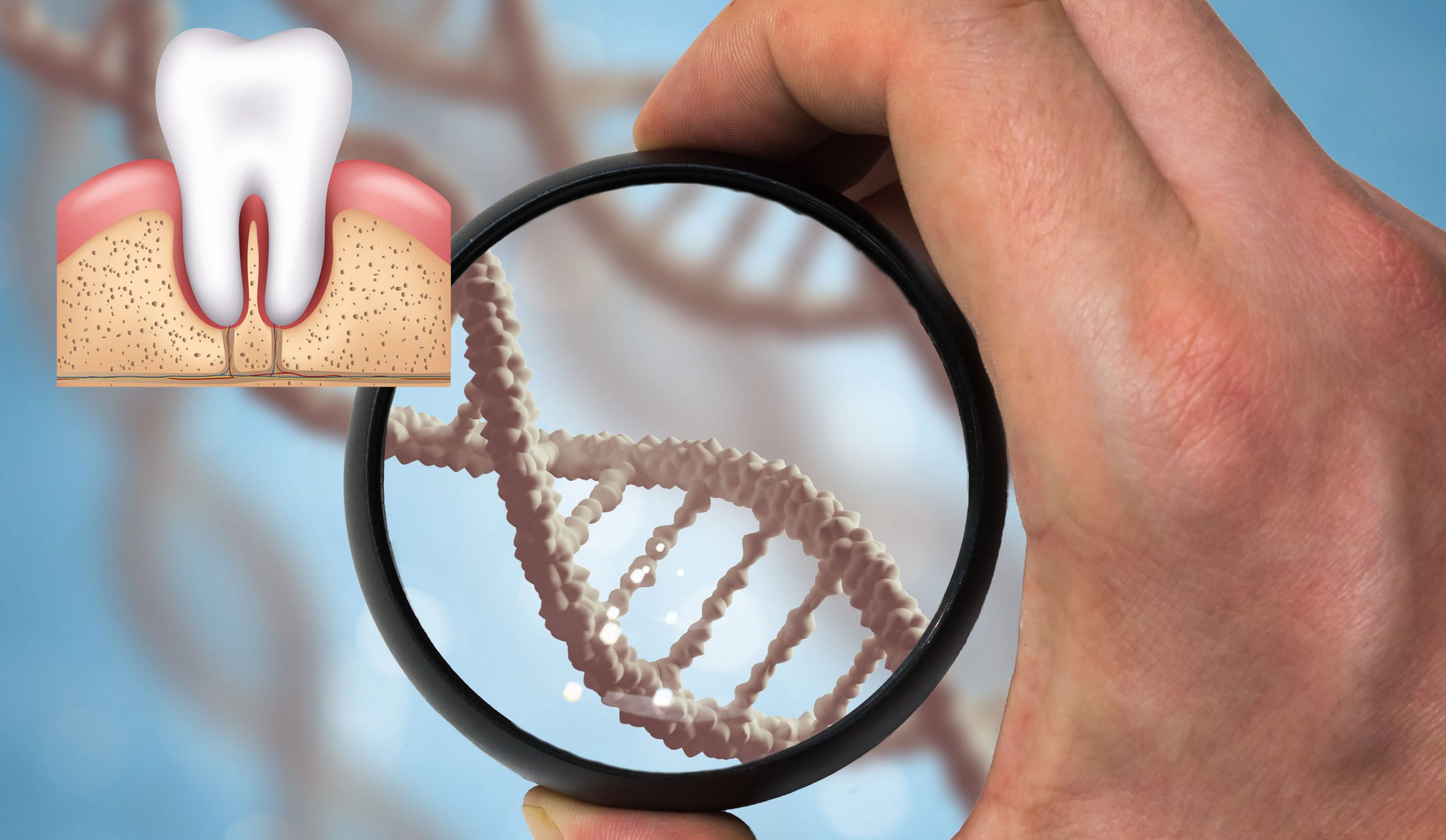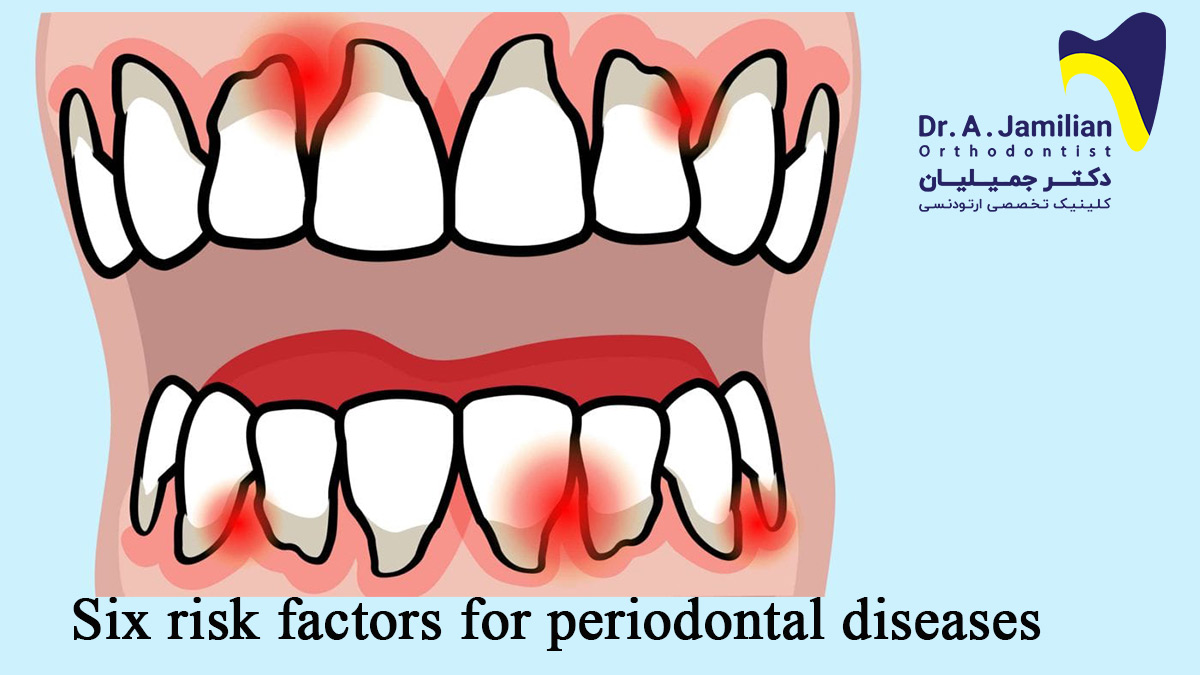Here I introduce 6 main risk factors for periodontal disease. You can prevent periodontal disease by treating any of the following problems. If you take into account the following items, you can even completely treat periodontal disease.
1-The role of smoking in gum disease
If you are looking for another reason to quit smoking, it is better to know that smoking is one of the most important risk factors for periodontal disease. Additionally, smoking can reduce the success rate of treatments performed for periodontal disease.

2-Hormonal changes in girls/women
Hormonal changes in women and girls make gums more sensitive and increase the risk of gingivitis. Therefore, women and girls are recommended to regularly visit a gynecologist and an endocrinologist (when hormonal disorders occur).

3-Diabetes is a risk factor for gum disease
Diabetic patients are at greater risk to develop infections, including periodontal disease. Such patients are more likely than others to develop periodontal disease due to problems with insulin secretion and blood sugar control. Therefore, they need to be under the supervision of an endocrinologist.

4-Immunodeficiency diseases
Affliction with and the treatment procedure of diseases such as AIDS and cancers can negatively affect the health of gums. Moreover, dental implants and immune reactions can lead to infections and eventually periodontal disease.

5-Medicines
Many of the prescribed or over-the-counter drugs can actually reduce salivation in the mouth. Since saliva plays a role in protecting the mouth, reduced salivation can predispose the mouth to infections such as periodontal disease. In addition, certain medications can cause abnormal growth of gum tissue, making it difficult to clean teeth and gums.

6-Genetic background
Some people are genetically predisposed to periodontal disease and are more likely to develop it. People who are genetically predisposed to gum disease can prevent periodontal disease or prevent the progression of the disease by maintaining good oral health.

Scaling to prevent periodontal disease
Scaling is a common dental procedure that aims to remove dental plaque and calculus on the tooth crown and root and also to whiten and brighten the tooth color. It can also smooth the rough surfaces of the tooth root and improve the health of gums. Tooth scaling can effectively prevent tooth discoloration, swollen gums, bad breath, and gingival recession. Moreover, this dental procedure prevents dental bone loss and teeth displacement.







